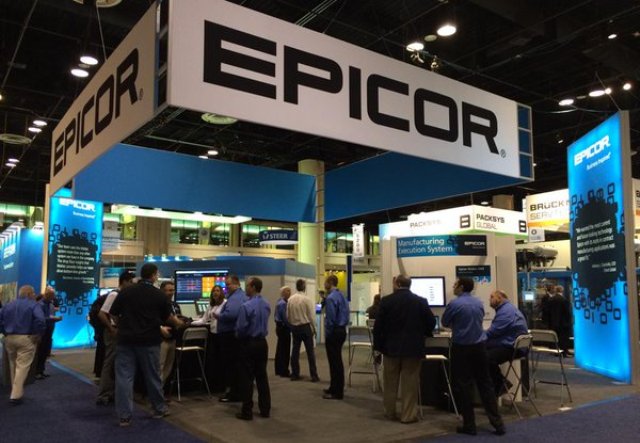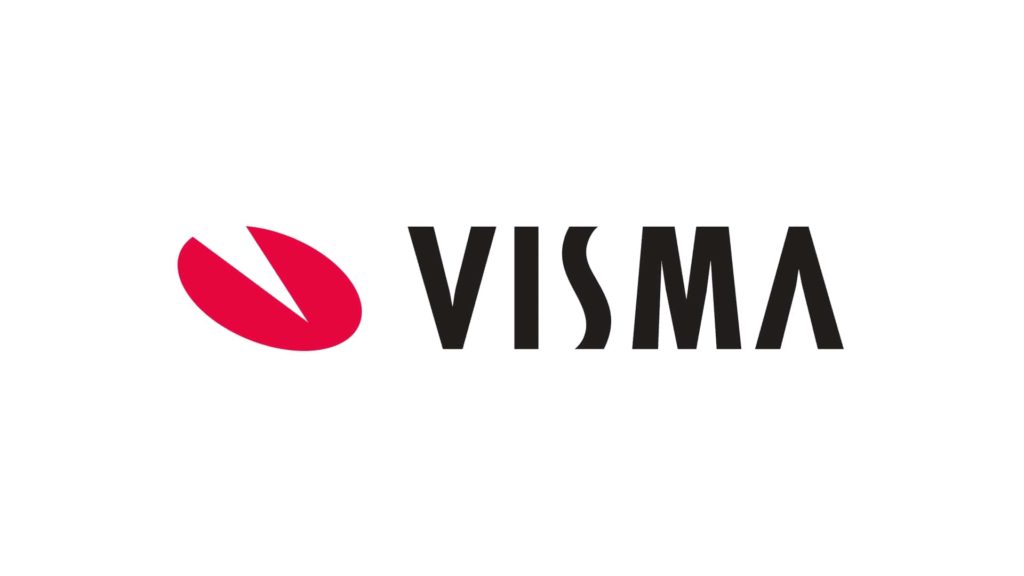Epicor – The Makers Of Business Software For Its Peers With Over Fifty Years Of Experience.
The retail and business industry is the one that needs most of the documentation, and the software industry has played a vital role to help out those businesses with these hectic documentation processes. Software today is for almost every work, like tracking the resources, and keeping the records of inventory as well as exports, thus making the work seem less and quicker than earlier. Epicor is one of such software developers who are behind those amazing business software that is reducing the work time for every business globally. The company, with its over fifty years of experience in the software industry, has made its different identity from its peers.
About Epicor
Epicor Software Corporation is an American software company. The company was founded fifty years ago in 1972 in Texas, Austin, and since then headquarters of the company has been in the same city. Epicor is known for its business software which mainly includes, ERP, CRM, Supply Chain Management (SCM), Human Capital Management (HCM), and Retail software. This software is responsible for documenting everything from manufacturing, distribution, retail, services, etc., and all the products are available in both on-premises deployment and software-as-a-service (SaaS) models. Epicor is a private company, and Steve Murphy is the current CEO at Epicor. The company is home to over 5000 employees globally.
The company is about fifty years old and is excelling in the field of software development. Today, the company has expanded to over 150 countries, with over 4000 employees working for it and 120,000 clients worldwide.

The Founding of Epicor
Epicor includes the story of two companies forming Epicor Software Corporation. In 1972 Triad Systems Corporation was established that became Activant in 2003, a contributing company to Epicor. On the other hand, Advanced Business Microsystems was a company that built accounting software for Ms-Dos in partnership with IBM. Later, ABM started to develop financial accounting software under the name Platinum and had its name changed from ABM to Platinum Software Corporation in 1992. With the new name, the company started to produce products for Microsoft Windows as well. After impacting acquisitions like Clientele and FocusSoft, the company merged its operations with DataWorks, and in 1999, was renamed Epicor Software Corporation. Activant, on the other hand, was acquired by Apax Partners, which ultimately merged the operations of Activant with Epicor Software Corporation.
Through Epicor’s Platinum for Windows software was very popular, the company sold it to Sage Group in 2001. Epicor introduced its web-based platform named Service Enterprises in 2003. Along with growing its products and their growth was contributed by some major acquisitions at the same time. The company acquired Intrepid (1995), Interactive Group (1997), CompuNet (2003), Scala (2004), CRS Retail (2005), NSB (2007), Spectrum Human Resource Systems Corporation (2010), Solarsoft Business Systems (2012), QuantiSense (2014), ShopVisible, LLC (2015), KKR (2016), 1 EDI Source (2019), etc.
The company also endorses the idea of sustainability and has released a program with the name ‘Fit for the Future.’
The CEO At Epicor
Steve Murphy is the current CEO of Epicor. He has over 25 years of experience in the field of technology. Murphy had joined the company in 2017. Before joining Epicor, he has worked in companies like OpenText, Oracle, Sun Microsystems, Accenture, and Manugistics, in various executive roles. Academically, he has got a BS in Mechanical Engineering from the University of California and has completed an MBA from Harvard Business School.

Yashica is a Software Engineer turned Content Writer, who loves to write on social causes and expertise in writing technical stuff. She loves to watch movies and explore new places. She believes that you need to live once before you die. So experimenting with her life and career choices, she is trying to live her life to the fullest.




